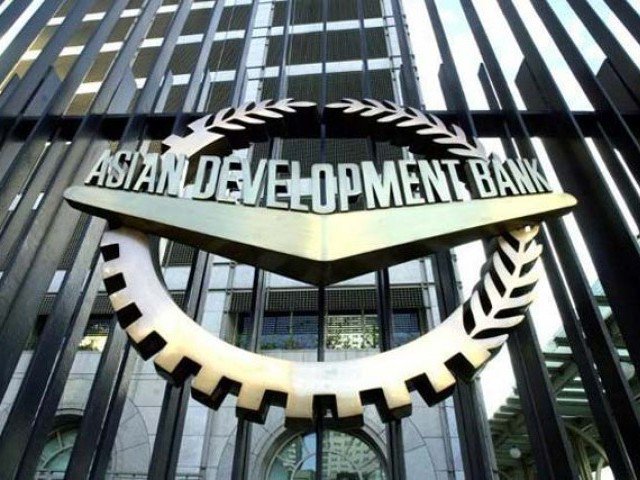ISLAMABAD: The Asian Development Bank (ADB) and the Government of Pakistan agreed to chart new ways to pursue more robust and inclusive ADB investments in Pakistan by scaling-up Public-Private Partnerships (PPPs) to tap the private sector resources and to meet the country’s rising infrastructure development needs.
The 3-day ‘ADB Country Programming and Public-Private Partnerships in Pakistan‘ consultation workshop commenced at Bhurban near Islamabad today. The event was attended by over 100 delegates comprising of senior government officials, leading economists, planners from federal and the four provincial governments and ADB’s key staff. Among others, it was to discuss the development opportunities and pipeline of projects as part of the ADB’s Country Operation Business Plan for the period of 2019 to 2021.
In her opening remarks, ADB Country Director for Pakistan Xiaohong Yang, and ADB’s Office of Public-Private Partnerships Director Takeo Koike, underscored ADB’s continued commitment to support Pakistan to achieve its key development goals outlined in the ADB-Pakistan country partnership strategy. Yang urged for a closer coordination and consultation between ADB and partners to ensure for better and smarter investment programs to better respond to Pakistan’s evolving priorities. ADB reengages its operation in education and health sectors in addition to investments in energy, transport, agriculture and institutional reforms.
DFID’s Head of Economic Growth Group, Patricia Seexat attended the inaugural session on ‘Public-Private Partnership in Pakistan’ and appreciated ADB and the government’s efforts to create an enabling environment and effective regulatory framework to promote PPPs at national and provincial levels to speed up economic growth that is needed to cater to the increasing number of labor force and to achieve middle income status.
Planning and Development Board Punjab Chairman Mohammad Jahanzeb Khan, and Head of PPP Cell and Member PPP / Planning and Development Board of Punjab Agha Waqar Javed province reiterated government’s commitment to work closely with ADB in delivering high-quality development projects and programs. They also briefed on reforms to improve regulatory and policy frameworks conducted by the government intended to encourage a greater private sector participation in the public-sector development programs with the federal and provincial governments.
Pakistan’s public investment in infrastructure has historically fallen short of the estimated annual investment need of 7.6 per cent of the country’s Gross Domestic Product (GDP). The country needs to invest over $20 billion per year on critical infrastructure.
The current surge in infrastructure spending reaching more than 67 per cent of the total development budget in the public sector requires effective fiscal consolidation measures and strategies to reduce the deficit and achieve higher level of efficiencies as PPPs carry fiscal risks that need to be mitigated. The outstanding infrastructure financing from local commercial banks in 2016 was only about $4 billion with 65 per cent of the local bank’s lending going into energy projects.
“Project financing in Pakistan is only offered by a few commercial banks, with little or no role of capital markets or other financial institutions. This leads to lack of sufficient financial depth and backing in the country’s domestic credit markets to accommodate the long-gestation of infrastructure projects. Meantime, we are in short supply of well prepared and bankable PPPs pipeline”, said Yang. “In this regard, I really appreciate the Sindh and Punjab provincial government’s efforts to develop their investment frameworks to provide an enabling environment for private sector to invest in infrastructure. The private sector has responded positively, and I can feel the positive vibes from the success of PPP modalities in Sindh and Punjab. Yet, more need to be done to create an effective fiscal risk vetting and management regime for greater private sector partnership in the public sector,” she added
ADB is already providing $200 million in loans ($100 million each) for projects supporting PPPs in Punjab and Sindh. The investment is to augment and assist the provincial government’s efforts to increase the commercial viability of projects, as well as mobilise more private sector participation in PPPs. The loans also help for developing PPP projects across sector, and improving the government’s ability to review, develop, and implement sustainable and fiscally responsible PPP projects. The ADB loans are supplemented by the Government of the United Kingdom’s Department for International Development (DFID), through a $24 million grant and a $4 million technical assistance that is administered by ADB.
ADB, based in Manila, is dedicated to reducing poverty in Asia and the Pacific through inclusive economic growth, environmentally sustainable growth, and regional integration. Established in 1966, it is owned by 67 members, 48 from the region.




